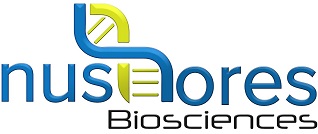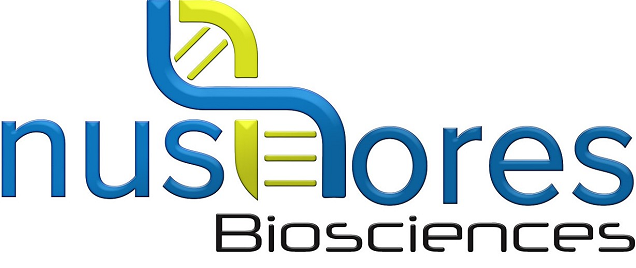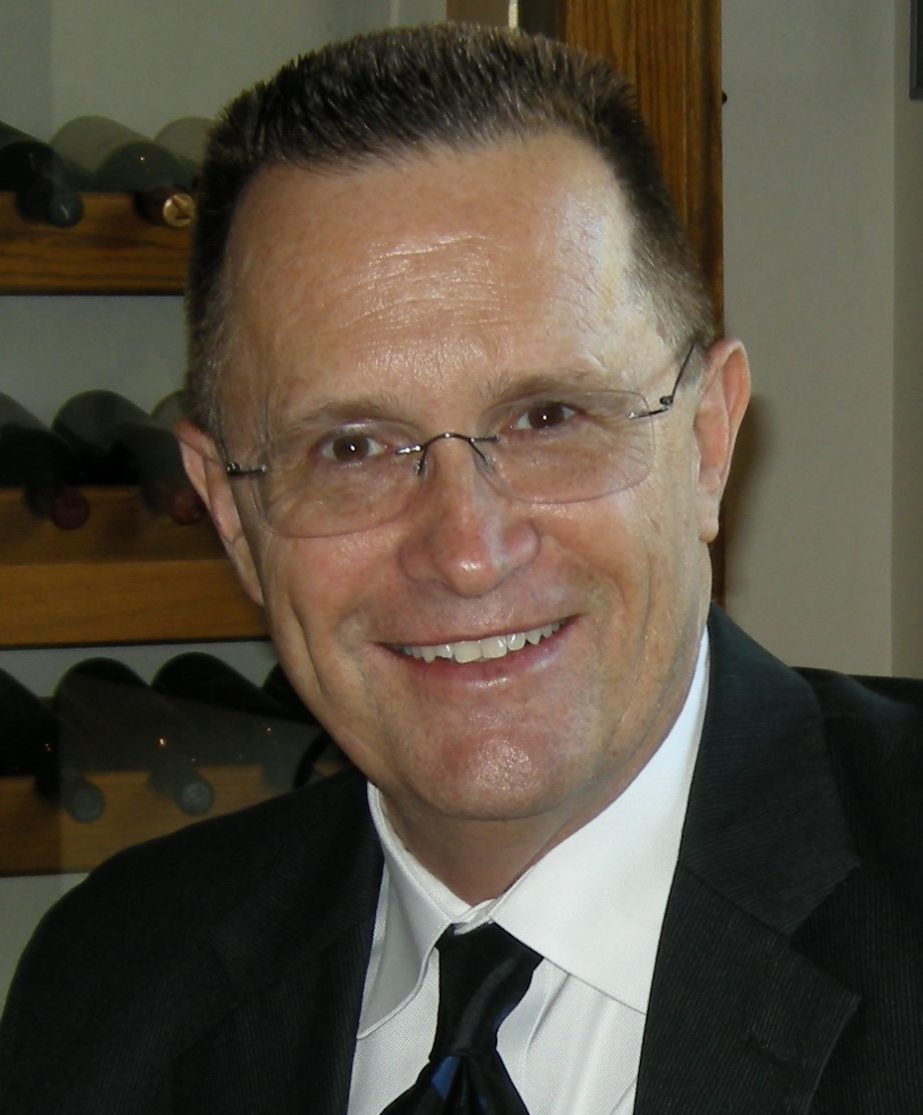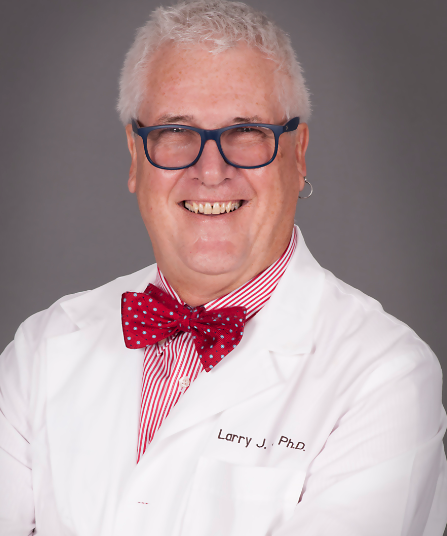
Little Rock, AR – Selected by the U.S. Army Medical Research and Development Command (USAMRDC), NuShores Biosciences LLC will receive nearly half a million dollars to be added to their current 3-year contract awarded through the Medical Technology Enterprise Consortium (MTEC). This additional funding will to extend their MTEC contract for Factory in a Box (FIAB) intelligent automated biomedical device manufacturing efforts. The Factory in a Box project is to design, develop and demonstrate several iterations of an intelligent automated production of NuShores’ NuCress™ bone void filler scaffold products. The three new design efforts that when matured could be added to the Factory in a Box include an Intelligent Vessel, an Intelligent Reactor, and an intelligent catalytic converter cartridge for removing highly toxic ethylene oxide gas widely used in sterilization processes.
Enabling next-generation biomedical devices. Polymer-based medical devices have already shown an array of uses from targeted drug delivery and infection control to tissue regeneration. The demand for tunable, bioresorbable and biocompatible polyurethanes for use in implanted medical devices is rapidly growing. The major obstacle is the unfulfilled ability to manufacture polymers in a precisely controlled manner, to adjust polymer characteristics and to do so at market scale. Polymer-based medical devices are difficult to consistently fabricate in part due to the known variability in commercially available polymers. NuShores team will design and prototype an intelligent vessel for processing and monitoring of complex biocompatible polymers, and design and prototype an intelligent reactor with enhanced and integrated sensors for precision processing of biomedical polymers. Successful results from the intelligent vessel and reactor efforts will advance NuShores’ current progress in polymerization for tunable, bioabsorbable, surgically implanted next-generation devices that can be customized to meet surgical and patient needs. Furthermore, these polymers of tunable characteristics could become the foundation of implantable devices that can be patient-centric and customizable. The National Institutes of Health (NIH) recognized this emerging market need by originally funding NuShores to develop a new source of reliable polyurethanes for dental indications of their NuCress™ bone regeneration medical devices. Due to the adaptive nature of polyurethanes, one NuShores’ Intelligent reactor with its intelligent vessels could be used to develop several composite medical devices. Licensor UA-Little Rock and NuShores scientists have already shown the versatility of such polymers with several tissue regenerative products currently in development for skin, nerve, vessel, and bone tissue regeneration.
Eliminating toxicity of Ethylene oxide (EtO) sterilization ⏤ half of medical devices are sterilized using EtO. In the US, this colorless gas is used to sterilize devices that cannot be sterilized using steam or radiation. EtO is also used to sterilize some food products such as spices, certain dried herbs, dried vegetables, sesame seeds and walnuts. EtO is a however, a toxic gas and human carcinogen. Workers who use EtO as a part of their jobs and people who work, live, or go to school or daycare near facilities that use EtO may breathe in EtO at levels that can increase cancer risk. This risk is not the same for everyone and depends on how long a person is exposed over the course of their lifetime or career, as well as how much EtO is actually in the air. The distance from a facility or other EtO source plays a big role in how much EtO might be in the air. NuShores will design and prove the feasibility of an intelligent, cartridge concept ⏤ not unlike that for automobiles ⏤ that could catalytically degrade the gas used in the sterilization processes and result in non-toxic byproducts. We have conceived a system design and will show concept feasibility through laboratory experiments and testing that a cartridge-like device could be retrofitted to fit any type of existing sterilizer. This work has the potential to eliminate the major disadvantage of this preferred sterilization technique for medical devices. The key collaborator on the project is the Center for Integrative Nanotechnology Sciences at University of Arkansas at Little Rock (CINS, UA-Little Rock).
The project is led by NuShores’ Director of Systems Engineering Dan Ballard in collaboration with scientists from UA-Little Rock.
About NuShores Biosciences LLC
NuShores’ vision is to improve the quality of life for people globally and to compete successfully in the bone and tissue regenerative materials industry. Early studies suggest that NuShores’ licensed, patented technology could deliver improved solutions for bone regeneration while cutting healthcare costs, lowering treatment risks and reducing healing times. Research results show thatNuShores’ NuCress™ scaffold could offer a number of benefits that to date are not achieved by currently marketed bone regeneration products, therefore promising to bring better treatment outcomes to millions of people with severe bone injuries. Founded in 2014, NuShores has the exclusive, global license from UA Little Rock to commercialize university-owned patented and patent-pending bone regeneration technologies which have been developed primarily with DoD funding. For more NuShores information, visit https://nushores.com
For more UA-Little Rock CINS information, visit https://ualr.edu/nanotechnology/facilities/
About U.S. Army Medical Research and Development Command
The U.S. Army Medical Research and Development Command is the Army’s medical materiel developer, with responsibility for medical research, development, and acquisition. USAMRDC produces medical solutions for the battlefield with a focus on various areas of biomedical research, including military infectious diseases, combat casualty care, military operational medicine, medical chemical and biological defense. https://mrdc.amedd.army.mil/
About MTEC
The Medical Technology Enterprise Consortium is a 501(c)(3) biomedical technology consortium that is internationally-dispersed, collaborating with multiple government agencies under a 10-year renewable Other Transaction Agreement with the U.S. Army Medical Research and Development Command. The consortium focuses on the development of medical solutions that protect, treat, and optimize the health and performance of U.S. military personnel and civilians. To find out more about MTEC, visit mtec-sc.org.
Disclaimer
The views expressed in this news release/article are those of the authors and may not reflect the official policy or position of the Department of the Army, Department of Defense, or the U.S. Government.
Contact
To learn more about this work, please contact:
Sharon C. Ballard, CEO
NuShores Biosciences LLC
sharon@nushores.com








